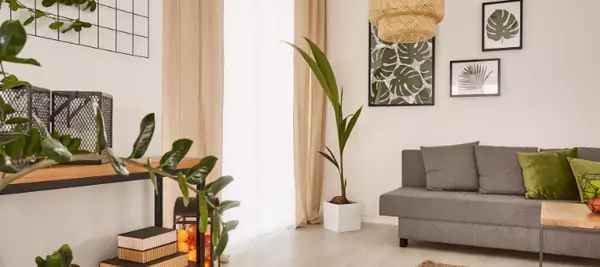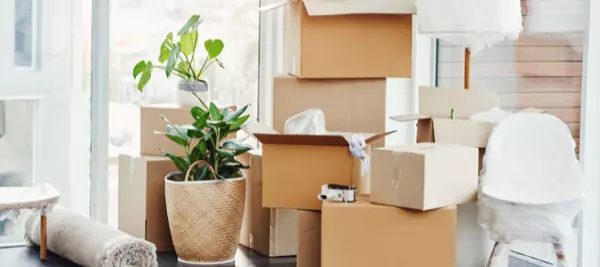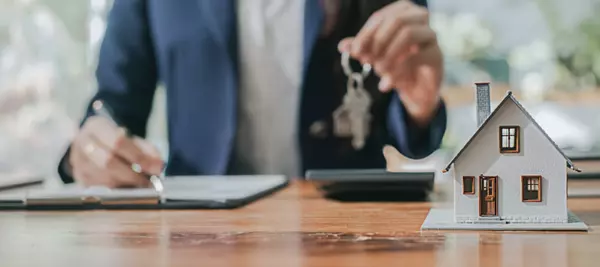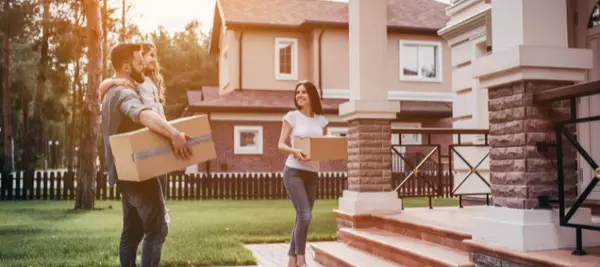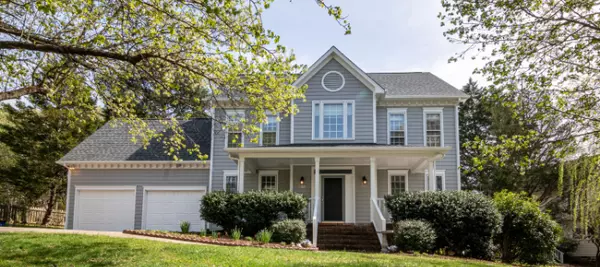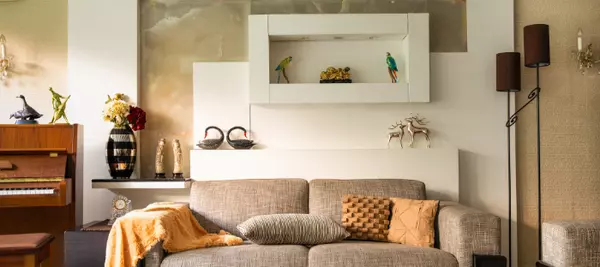What Are Bully Offers and How Do They Work?

What Are Bully Offers and How Do They Work? A bully offer is an offer made to purchase a property before the scheduled offer date. This type of offer is often made in order to try to get a better deal on a property than what can be expected on the offer day. It is called a bully offer because the b
Read More-

Digitization of Real Estate What is the digitization of real estate? Whether you're buying or selling, you've probably seen that the real estate industry did not escape the digital transformation but it goes beyond putting a listing online or making it significantly easier to search for specific pr
Read More Furniture Tricks For Small Apartments
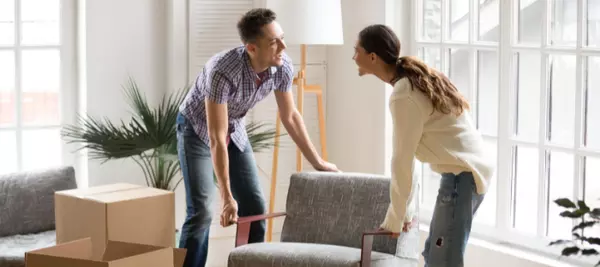
Furniture Tricks For Small Apartments. When space is something you don't have much of, every square inch matters. The thing that takes up the most space in apartments is furniture - living on a pile of pillows and having your computer laid out on the ground is a recipe for back pain, even for the m
Read MoreIs a Haunting a Material Latent Defect?

Is a Haunting a Material Latent Defect? So many horror movies start the same way: a death occurs in a home and the new family moving in is now haunted. At some point, someone must have thought "Can you sue for that?" and the answer is no, as long as everyone was honest about the death before the pu
Read MoreShould I Add a Home Cinema To My House?

Should I Add a Home Cinema To My House? What is a home cinema? Before the commercialization of the television, radios used to be where a family would gather and before that it would be a fireplace. Now, most living rooms have flat-screen TVs as the focal point of the living room. But what if you wa
Read MoreHow To Create The Best Environment For Your Plants.

How To Create The Best Environment For Your Plants. The pandemic created a boost in the number of people that bought plants. Whether you consider yourself a plant parent or you're still wrapping your head around the full name of the ZZ plant, let's go over some tips to help your plants thrive. Choo
Read MoreShould I Get a Reverse Mortgage or a Home Equity Line of Credit?
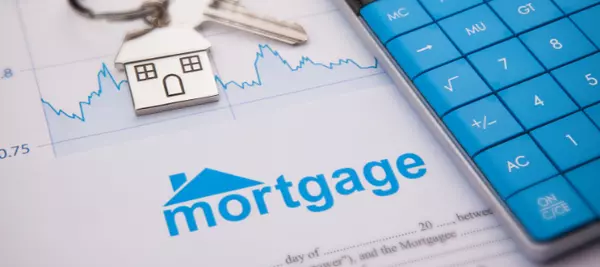
Should I Get a Reverse Mortgage or a Home Equity Line of Credit? Before we start, let's get the definition of a normal mortgage out of the way. Mortgages are loans given to people to purchase a property with. The money that you borrow is then repaid over several years, together with interest. To ge
Read MoreWhen Do You Know That It's Time To Buy a Home and Stop Renting?

When Do You Know That It's Time To Buy a Home and Stop Renting? Evaluate your current situation. Before you make a major decision like a home purchase, there's a lot of thinking that needs to be done. First, you need to look at your own current situation. How much are you paying monthly for rent? Y
Read MoreHow To Decorate Open-Concept Spaces.
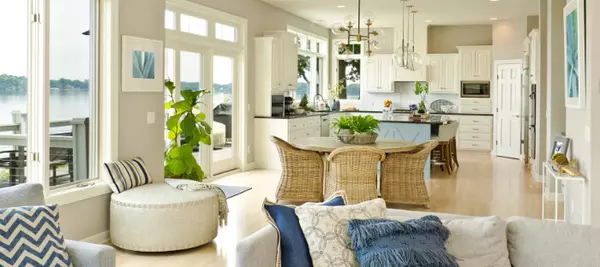
How To Decorate Open-Concept Spaces. Open-concept spaces are all the rage these days - but how do you decorate them correctly? First off, what is an open concept when it comes to your home? An open concept living space is one where there are no walls separating the different areas of the home. This
Read MoreHow To Save On Your Utility Bills.
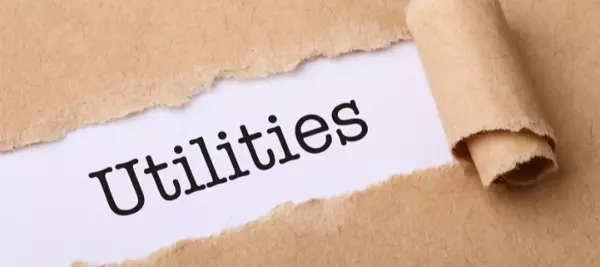
How To Save On Your Utility Bills. Check your utility bills for accuracy. The first thing to do is check your meters. Make sure they are still accurate. The second thing to do is make sure the bill reflects your actual usage, not what you used last month or even last year. If you have an old air co
Read More-
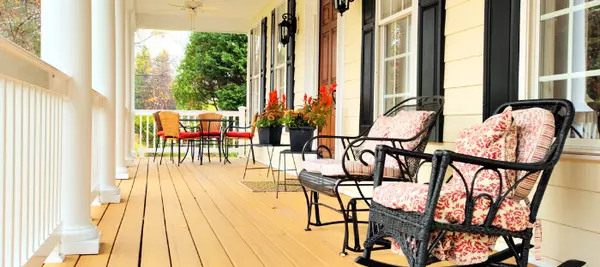
Porch Decorating Tips! Why would you decorate your porch? Your front porch is the first experience people will have of your home. To improve your home's curb appeal, ideas like a fresh coat of paint won't be enough. Whether you want to wow your visitors, get ready to sell your home, or spend more t
Read More Should I Add a Home Studio To My House?

Should I Add a Home Studio To My House? Is a home studio right for me and my family's lifestyle? Whether you're planning on making music or recording voiceovers, a studio makes a huge difference in the quality of your sound. Before you start shopping though, think of how your day-to-day will be aff
Read MoreThe Not So Obvious Costs of a Real Estate Transaction

The Not So Obvious Costs of a Real Estate Transaction When buying a home, there are the obvious costs, like your down payment and your mortgage but in addition to these big sums, you also have to deal with a bunch of small fees. Both the buyer and the seller need to be aware of these costs as they
Read MoreDecoration Tips to Make Your Home Truly Yours.
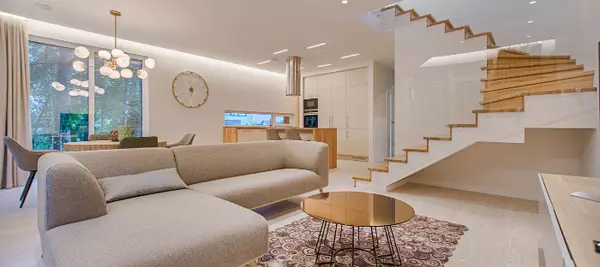
Decoration Tips to Make Your Home Truly Yours. Whether you just moved in or looked around and felt like it was time for a change, here are some home decorating tips to spruce up your home decor. Look at the room's purpose You're not going to decorate your home office the same way you would a kitche
Read MoreHow To Choose a Buyer When Selling Your Home

How To Choose a Buyer When Selling Your Home How do I choose a buyer for my house? The answer to that question depends on how fast you want to sell the house and at what price. A house with a lower list price means a faster sale but you could be leaving money on the table. After all the trouble you
Read MoreWhat You Need To Know About Buying a Heritage Home
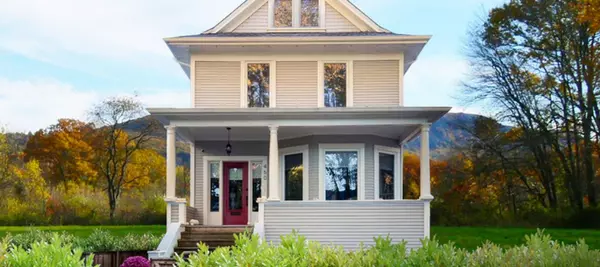
What You Need To Know About Buying a Heritage Home What is a historic or heritage home? A heritage home is any house, usually more than 50 years old, that has special historical or architectural significance. That said, some states and municipalities have their definitions of “historic”; in some ca
Read MoreWhat You Need To Know When Building a House.
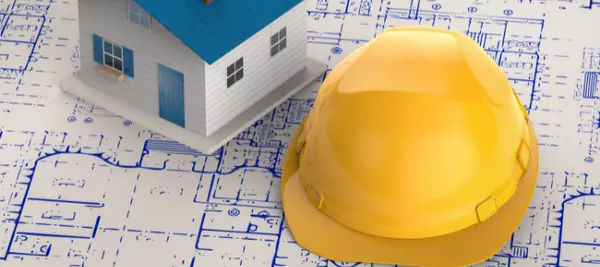
What You Need To Know When Building a House. Designing the house's layout One of the first things you need to do when building a house is to decide on a layout for your design. There are many different layouts, so it all depends on what you want and how much time and money you have for your project
Read MoreWhat Are The Steps in The Home Buying Process?

What Are The Steps in The Home Buying Process? Seven steps from start to finish. The home buying process can be broken down into six simple steps: Look at listings to set expectations right; Get a real estate agent; Get pre-approved for a mortgage; Find the right home; Make an offer; Negotiate the
Read MoreDifferent Homes For Different Stages of Life.

Different Homes For Different Stages of Life. The Apartment Let's face it, most of us have been there. That first tiny apartment you share with your college roommates. The one-bedroom you're "settling" for because it's all you can afford and is close to the subway line that takes you to work. The d
Read More-

Is Buying a Home Stressful? Short answer: of course. It's an emotional roller coaster with lots of money involved. Preparation can however make things so much easiest. Read on for some tips on how to stay cool and find your new home. The home buying process can be stressful People say moving is one
Read More
Categories
Recent Posts

